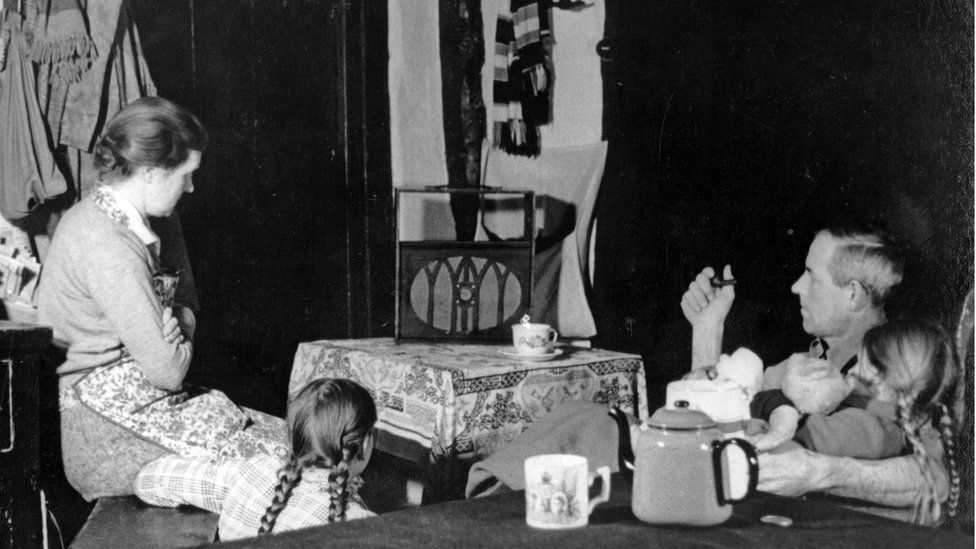-

-
-
Loading

Loading

Remembering what a slow news day used to look like is becoming increasingly difficult. However, on 18 April 1930, the BBC experienced such a day when their news announcer declared, "There is no news" in the 20:45 news bulletin. After this brief statement, piano music filled the rest of the 15-minute segment. The BBC then continued broadcasting from the Queen's Hall in Langham Place, London, where the opera Parsifal was being performed. Fast forward to 18 April 2017, and it is clear that this day is vastly different. It has been filled with a plethora of news stories. Upon returning to work after the Easter long weekend, individuals in the UK were captivated by the anticipation of an announcement from Prime Minister Theresa May, scheduled for just after 11:00. The secrecy surrounding the announcement led to rampant speculation on social media platforms such as Twitter. When May revealed her intention to hold a snap general election in less than eight weeks' time, it immediately sparked a flurry of articles, analysis pieces, live news coverage, radio reports, TV commentaries, and more, all easily accessible through smartphone technology. Alternatively, if one seeks news from outside the UK, they could find coverage on topics such as a new Russian military base in the Arctic, North Korea's failed missile launch, a French election candidate's promise to halt immigration, and calls for Turkey to investigate their election process following the "Yes" vote in a referendum granting the president extensive new powers. These stories certainly cannot be considered trivial. While the BBC now has more personnel and resources compared to 1930, their definition of news has also evolved. Previously, they heavily relied on news agencies and official government announcements, but this is less true today. Furthermore, in a notable shift, news announcers were anonymous and dressed in formal attire such as dinner jackets, an homage to the performers of music and drama who were expected to dress up in the evening.